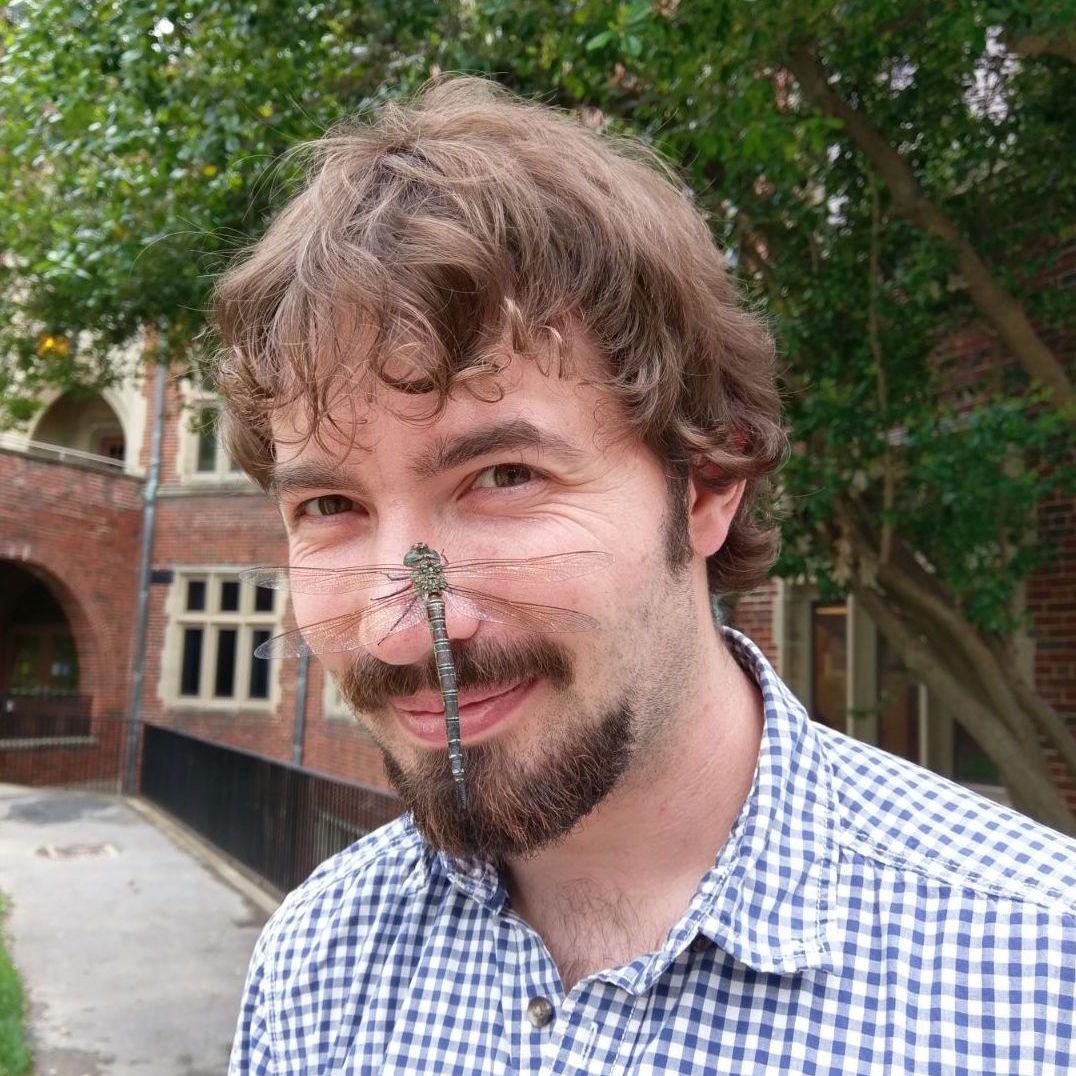


I am a computational macroevolutionary biologist, who develops and uses software to answer questions about diversification (speciation, extinction, and their drivers). Beyond understanding the formation of biodiversity, my research has two main goals: to develop rigorous tests that ensure our inferences are correct, and to integrate biological knowledge from other fields into our inferences, in order to bridge the gap between micro- and macro-ecology and -evolution.
I found that I am more fascinated with answering macroevolutionary questions than I am married to a specific group of organisms. So far, I have worked on mammals, angiosperms, and insects, but would be happy to broaden my horizon by applying my skills to questions in a new taxonomic group.
Computational Macroevolutionary Biologist Available!
I am happy to give seminars (in-person or remote) or workshops on any of my work.
Inquiries and suggestions are welcome through my Email.
I am currently a Research Scientist in Rosana Zenil-Ferguson's Lab at the University of Kentucky. In my research I investigate Andean plant radiations and further develop phylogenetic causal inference.
I was previously a Research Scientist (and SNSF Mobility postdoctoral fellow) in Josef Uyeda's Lab at Virginia Tech, and a visiting scholar in Jeremy Brown's Lab at the Louisiana State University. My research addressed model adequacy testing and causal inference for diversification models.
My past postdoc in April Wright's Lab at the Southeastern Louisiana University addressed the adequacy of Fossilized Birth Death models and Learning-by-Coding teaching approaches.
My first postdoc was in Emma Goldberg's Lab at the New Mexico Consortium, while being hosted in the Tank Lab and Harmon Lab at the University of Idaho. My research addressed the adequacy of trait-dependent diversification models.
My dissertation research in the lab of Brian O'Meara at the University of Tennessee addressed diversification both theoretically via adequacy tests for birth-death diversification models, and empirically by investigating the influence of biogeography and dung producers on the diversification rates of dung beetles. Other past research included trait- and habitat-dependent diversification in Ericaceae, and age-determination in raccoons based on baculum morphology.